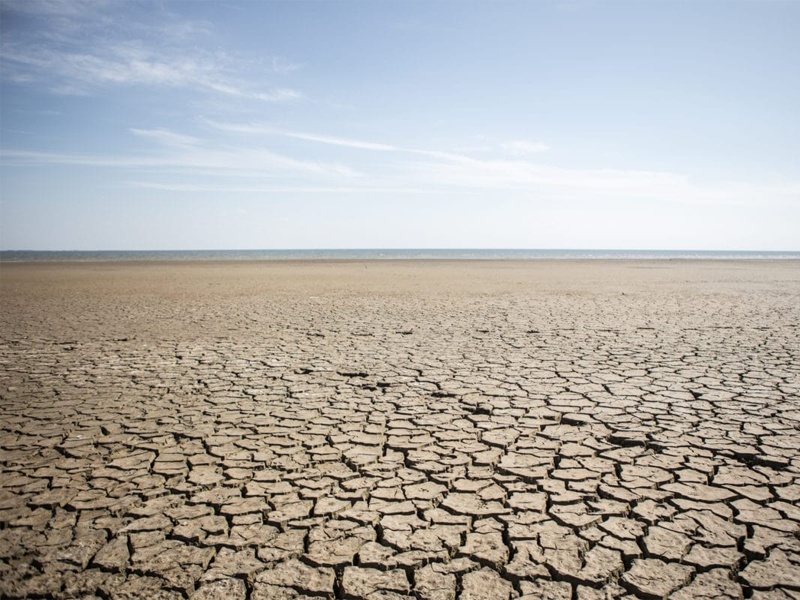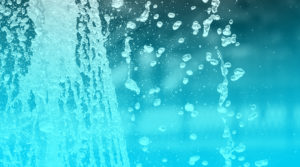If the rain returns to part of the territory, the drought situation is worrying in France. A national plan has been drafted to better manage water, but the constraints are expected to be strong.
After a summer of 2022 marked by several heat waves and a major drought which resulted in severe constraints in certain municipalities, the winter of 2022-2023 was also generally very dry.
Un record number of days without significant rain even reached the end of January, already endangering crops and the water supply of several cities, to the point of imposing restriction measures now.
The rain is making a slight return to France at the beginning of March, but it will be insufficient to recharge the groundwater, which bodes well for difficulties from spring and during the summer season.
The action plan for resilient and concerted water management includes 53 concrete measures, which meet the major challenges of sobriety, availability and quality, and response to drought crises. The section recovering non-conventional water obviously concerns us:
- The regulatory obstacles to the recovery of non-conventional water will be lifted both in the food industry, in other industrial sectors and for certain domestic uses, while respecting the protection of the health of populations and ecosystems.
- Support for project leaders for the reuse of treated wastewater will be structured around: a one-stop shop for filing applications; the prefect of a department; France experimentation support for innovative files encountering regulatory blockages (systems open to all projects favorable to water resources); a project manager.
An observatory on the reuse of treated wastewater will be set up.
A call for specific expressions of interest aimed at coastal communities to study the feasibility of REUT projects will be launched by the State in partnership with theNational association of elected representatives of the coast.
The recovery of rainwater from the roofs of agricultural buildings (in particular livestock buildings, for watering animals) will be widely supported with a view to its generalization via aid from water agencies.


